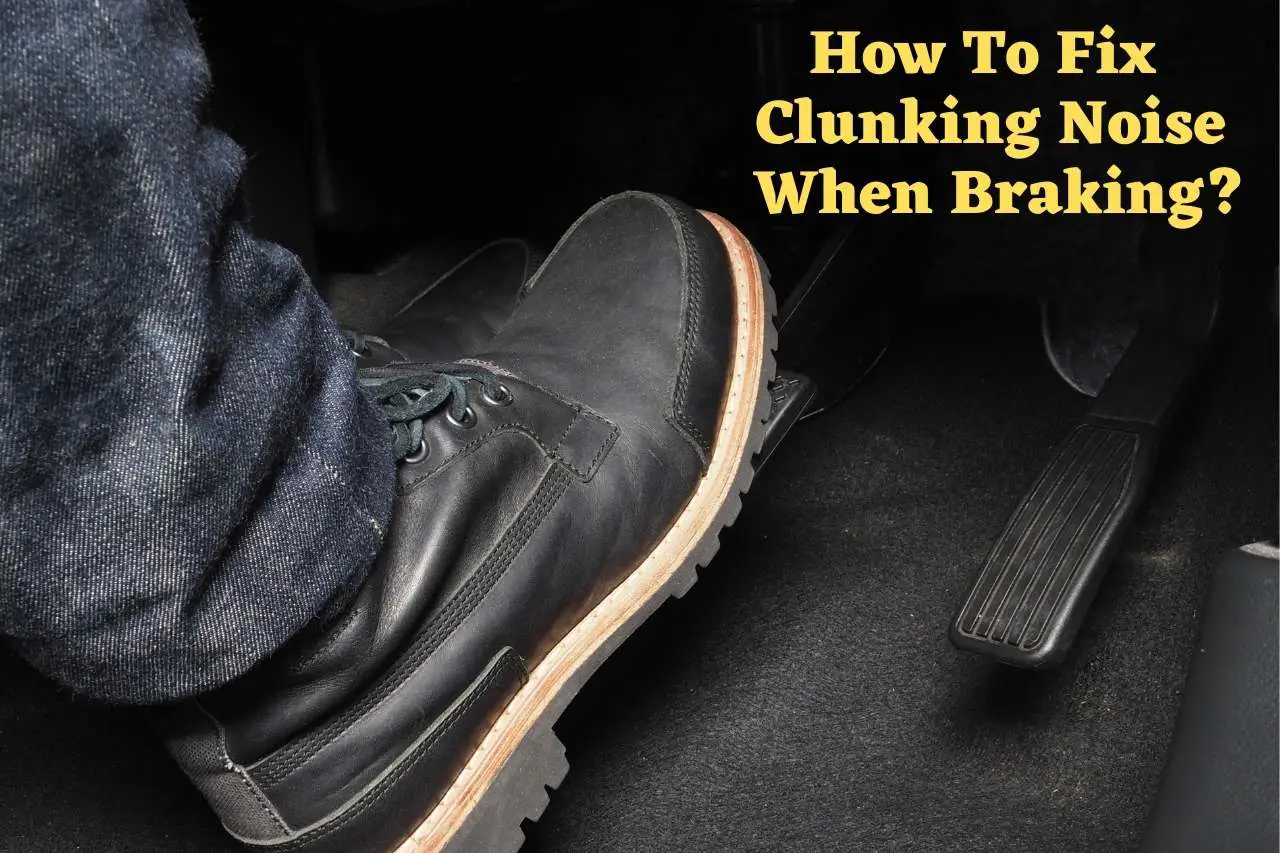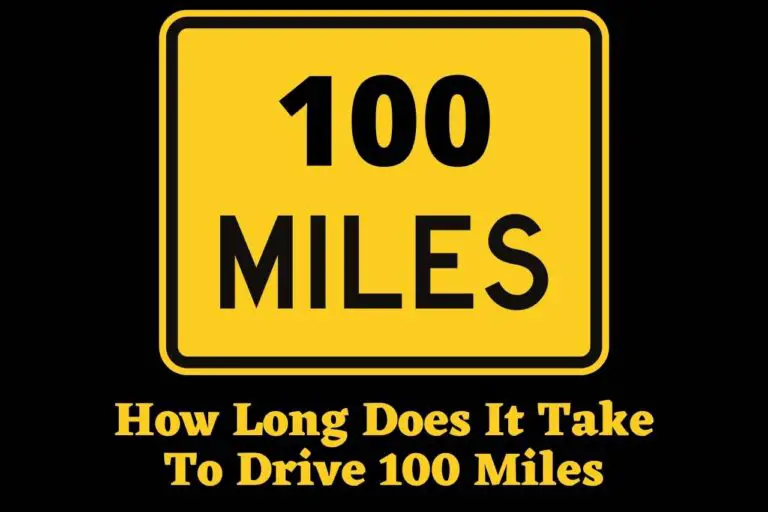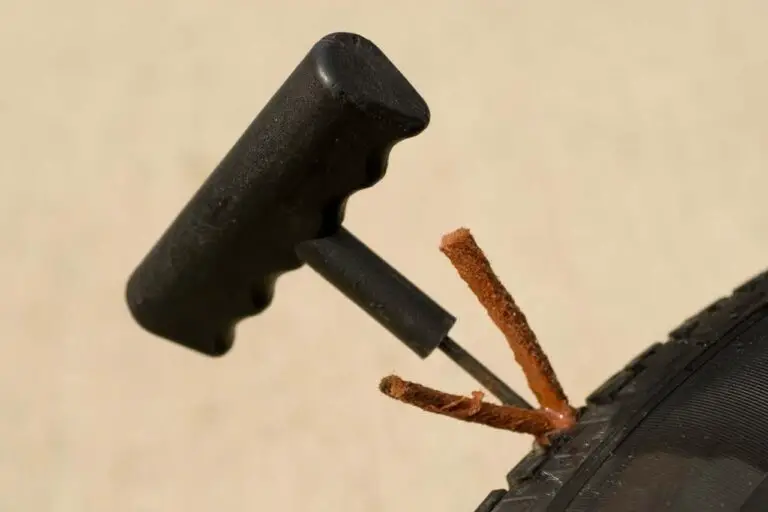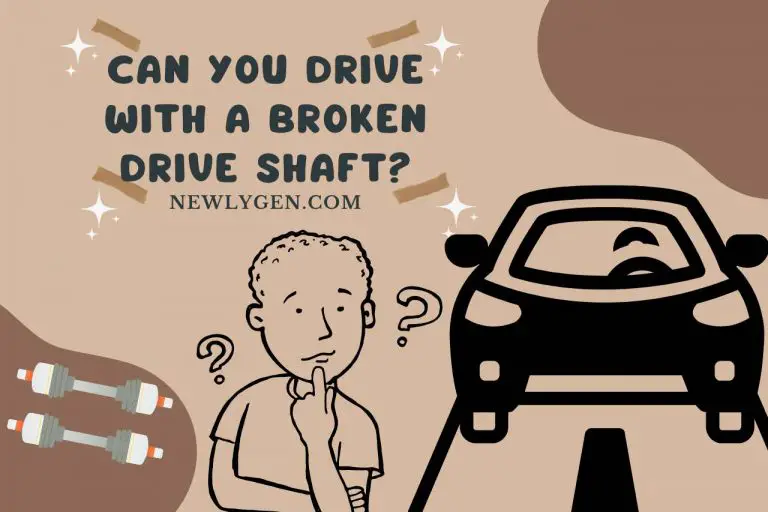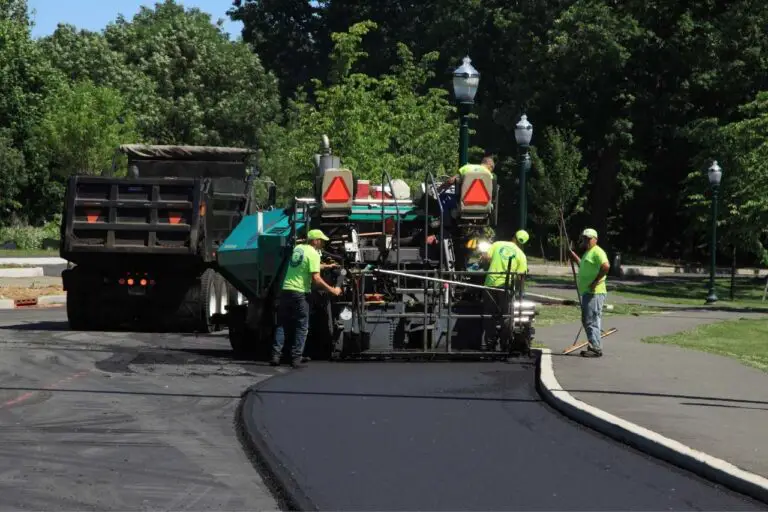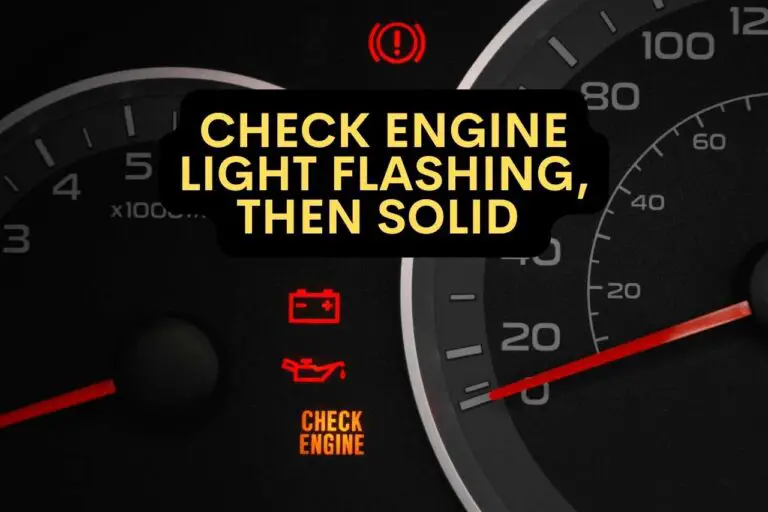What Causes Cluncking Noise When Braking And How to Fix It?
Want to know how to fix clunking noise when braking? Workshops are frequently questioned about the kind of unsettling range of brake noises. Are you trying to figure out what is causing that clunking noise and how to fix it? To specifically find out, keep reading.
A small amount of additional brake noise is perfectly acceptable at times. But, contrary to popular belief, noise from the brakes is a fairly clear indicator that something is observably wrong.
The most typical brake noise is squeaking, which is created by friction material generating heat between the cast-iron rotor and two metal discs brake pads braking. A driver is mostly well aware there are various sorts of noise implying various issues. However, it is preferable to get expert assistance in determining the actual cause of the noise.
Whatever the case may be, for all intents and purposes, your vehicle’s brakes are by far the most vital security system. Therefore, it is crucial to be mindful of it ahead of time before the clunking can generally harm other components of your vehicle’s braking system and make it harder to escape a collision!
What Causes the Clunking Noise When Braking?
The clunking noise you hear when braking usually means your discs, rotors, callipers, or backing plates are worn out or damaged. But it’s possibly not the sole reason. The clunk caused by driving over bumps indicates there could be a problem with your vehicle’s suspension or a loose part of the exhaust.
When braking, the most typical source of clunking noise is damaged brake pads. If the brake pads get worn away, they will be unable to effectively grasp the brake pads, resulting in a clunking noise when braking. A clunking noise might similarly occur if there is excessive air in your braking fluid. When the brake pedal is pressed, the air bubbles tighten and then release.
How To Fix Cluncking Noise When Braking?
Reading on, you will be able to recognize several causes that would belong to the clunking sounds made by your brakes, as well as the effective ways that could be used for resolving situations. As previously noted, there may have been an existing problem with your vehicle’s suspension system.
The noise is a result of the brake pads not lining up with the rotors. Clunking noise when braking occurs when the brake pads do not line up with the rotors. This can happen for some reasons, but it is typically caused by a lack of lubrication in the brake system. The noise will be reduced if you have newer, better-quality brake pads. It can also be reduced by using a high-quality rotor.
There could be a possibility of clunking noise with unfastened screws as well as callipers. You will have to make sure you securely fastened them. If it is the shock absorbers that happen to be loosened, they will almost certainly need to be changed in that case.
Examine your tyres. If your tyres have been damaged, you should replace them as quickly as possible. Check whether the distance between the brake calliper and the rotor exceeds the acceptable limit. If that’s the case, try filing the space down until it meets the minimum requirement.
FAQ
Is it safe to drive with clunking suspension?
Although it is possible to drive with a clunking noise for short periods, it is not recommended. Driving while the suspension is generating noise can be risky. It’s the same as walking with a broken limb. Potentially resulting in losing control of your vehicle or worse.
Your suspension is intricate, and each component must function properly to offer a smooth and safe ride for you. Any broken or damaged part might make it dangerous to drive.
People are sometimes oblivious to such noises. However, doing so may cause damage to other parts of your vehicle’s braking system. While you will still be able to drive, the ride will be bumpy, and the vehicle will be difficult to manage in an accident.
Any broken or damaged part might impair the handling, steering, or braking of your vehicle, making it dangerous to drive. As a result, it’s critical to be aware of it ahead of time before anything happens.
Can I drive with brake pads that are worn out?
The operational “life” of brake pads is normally between 25,000 and 65,000 miles, depending on the manufacturer. Therefore, brake pads should be changed at essentially the same intervals on all vehicles. Can I drive with brake pads that are worn out? Better not. You should have your brakes replaced right away.
The brakes on your vehicle are a complex system of mechanical components, and when any component fails, the wear can spread to other components. You run the danger of harming your brake rotors if your brake tears past a certain point. You may find yourself pressing on the pedal more frequently to slow or stop the car if your brake pads, rotors, or callipers are worn out.
Furthermore, because your car’s brakes and brake pads are “wear” parts, any issues you experience will not be covered by your vehicle insurance policy. That means that until you obtain a vehicle service contract as Superior from Endurance, you will be responsible for any maintenance charges associated with keeping your car’s brakes or brake pads in good operating order.
Conclusion
The sound of a car’s brake pads rubbing against the brake rotors is a common problem. This sound is often called the clunking noise. A clunking noise when braking can be due to worn brake pads, loose brake callipers, or warped rotors.
Worn pads will need to be replaced with new ones, and loose callipers will need to be tightened up. Warped rotors will need to be machined (turned) for them to work properly again.
Since you’ve learned about the many sorts of clunky noises along with their causes and remedies, it’s up to you to examine and repair the components to prevent more issues.
If you notice a noise coming from your brakes the next time, examine the system and fix it right away. If you’re not sure what’s wrong, don’t hesitate to bring it to a technician.
Keep Reading: Similar Content You May Enjoy

